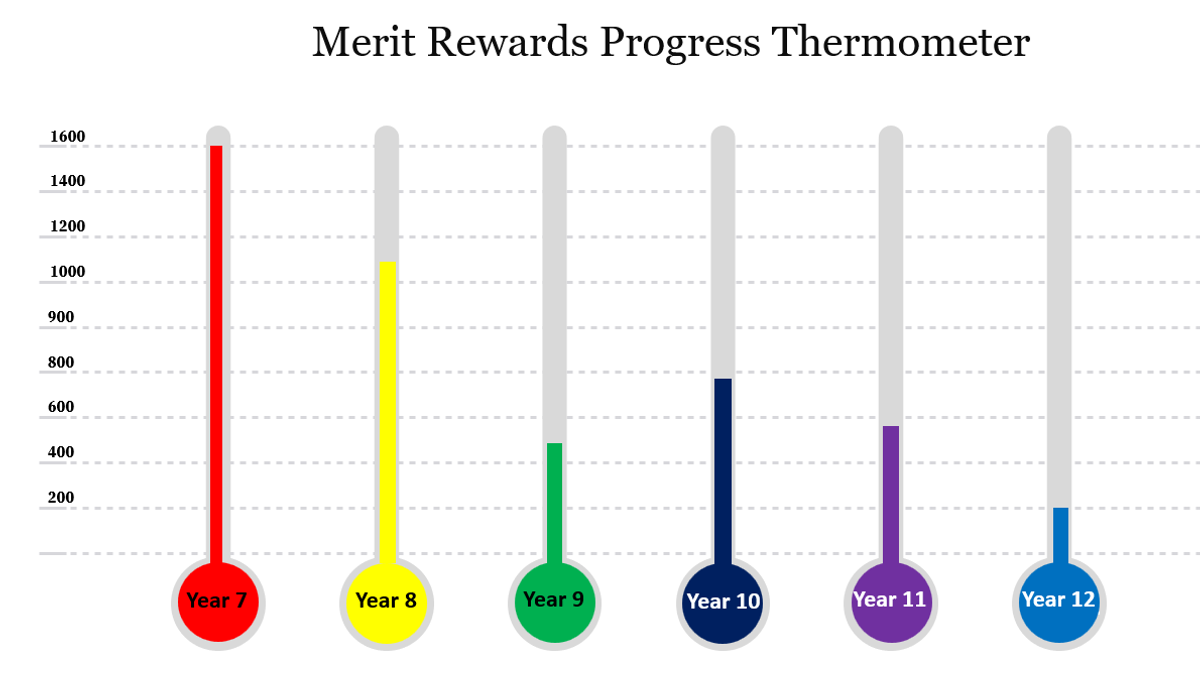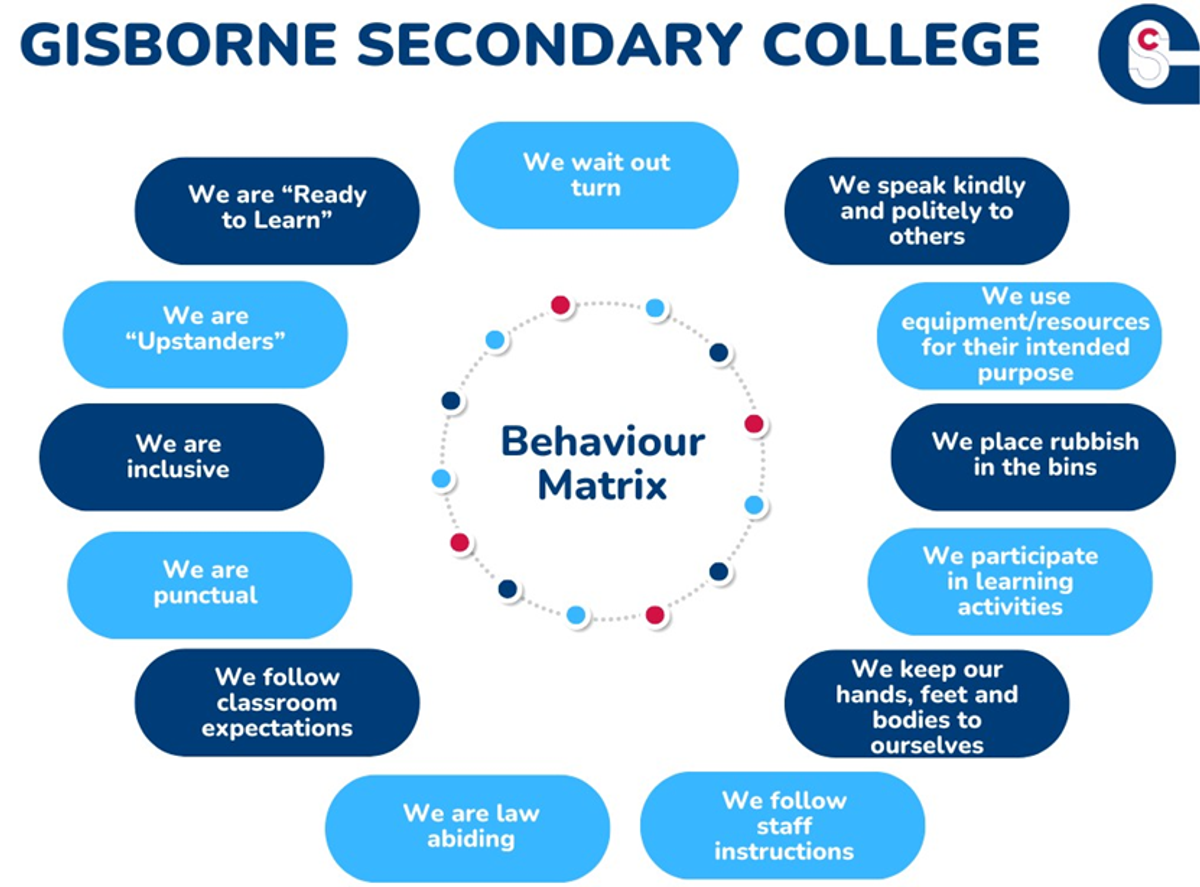School-wide Positive Behaviour Support

SWPBS is built on 4 key elements: outcomes, data, practices, and systems. These elements work together to create a positive, consistent, and effective approach to supporting student behaviour and success.
Outcomes: The goals schools aim to achieve through SWPBS, such as improved behaviour, increased academic success, enhanced wellbeing, and a positive school climate. Outcomes are clearly defined and guide all decision-making within the framework.
Data: The information schools collect to monitor progress, identify areas of need, and evaluate the effectiveness of their SWPBS implementation. Data helps schools make informed, evidence-based decisions to achieve their desired outcomes.
Practices: The specific strategies and interventions used to teach, encourage, and support appropriate behaviour. These include clear behaviour expectations, social-emotional learning, and targeted supports for students needing additional assistance.
Systems: The structures and processes schools put in place to ensure SWPBS is implemented effectively and consistently. This includes leadership teams, professional development, and regular staff collaboration to sustain the framework over time.
Multi-tiered systems of support
SWPBS is a tiered intervention framework designed to provide all students with universal teaching and learning supports, while planning additional interventions for those requiring more intensive assistance. The tiered supports are structured as follows:
Universal support (Tier 1): Supports for all students, staff and settings
Targeted support (Tier 2): Additional specialised group systems for students with at-risk behaviour
Intensive support (Tier 3): Specialised, individualised systems for students with complex behaviour needs, provided in addition to universal and targeted supports.
Throughout Term 1 2025 Gisborne Secondary College has continued to work on several programs to build and improve on School Wide Positive Behaviours.
All staff at the College concluded their professional learning communities on projects based on the High Impact Wellbeing Strategies (HIWS) published by the Department of Education for ‘Building Student Relationships’ and gave presentations on their findings. It is evident that there has been an overall positive impact of this work on the school climate and student staff relationships.
The SWPBS Guiding Team have nearly completed their training to improve ‘Classroom Systems’. This knowledge and expertise will be shared throughout the wider staff so that they can improve practices within their own classroom spaces on the student free day – 17th June 2025.
In Term 1, Week 9 a group of 30 students who have leadership responsibilities across Gisborne Secondary College supervised by Principal, Sarah Rose and Leading Teacher for Engagement and Wellbeing, Ashley Bishop, attended the Melbourne Secondary Youth Student Leadership Conference 2025. This conference was aimed at allowing students to embark on a journey of self-discovery, empowerment, and leadership development. Engaging keynotes, interactive activities, and reflective sessions endeavoured to cultivate their sense of personal agency and self-leadership, equipping them with indispensable skills for success. Sessions were run on Defining Leadership, Self Leadership and Communicating as a Leader.
The outcome of Year 7 achieving the highest Merit Total means that Wednesday 23rd April 2025 will be a uniform free day exclusively for Year 7.
Top 3 Merit Performers in Each Year Level
Year 7 | Year 8 | Year 9 | Year 10 | Year 11 | Year 12 |
Jack M (7D) | Shuyu H (8F) | Ebony G (9B) | Amy W (10A) | Bridie H (11E) | Annie B (12F) |
Milla B (7C) | Ava H (8F) | Gracie F (9A) | Claire M (10A) | Jesse I (11F) | Hunter C (12A) |
Summer M (7G) | Addison J (8F) | Alexander E (9D) | Isabelle K (10A) | Brooke C (11F) | Keely D (12E) |


